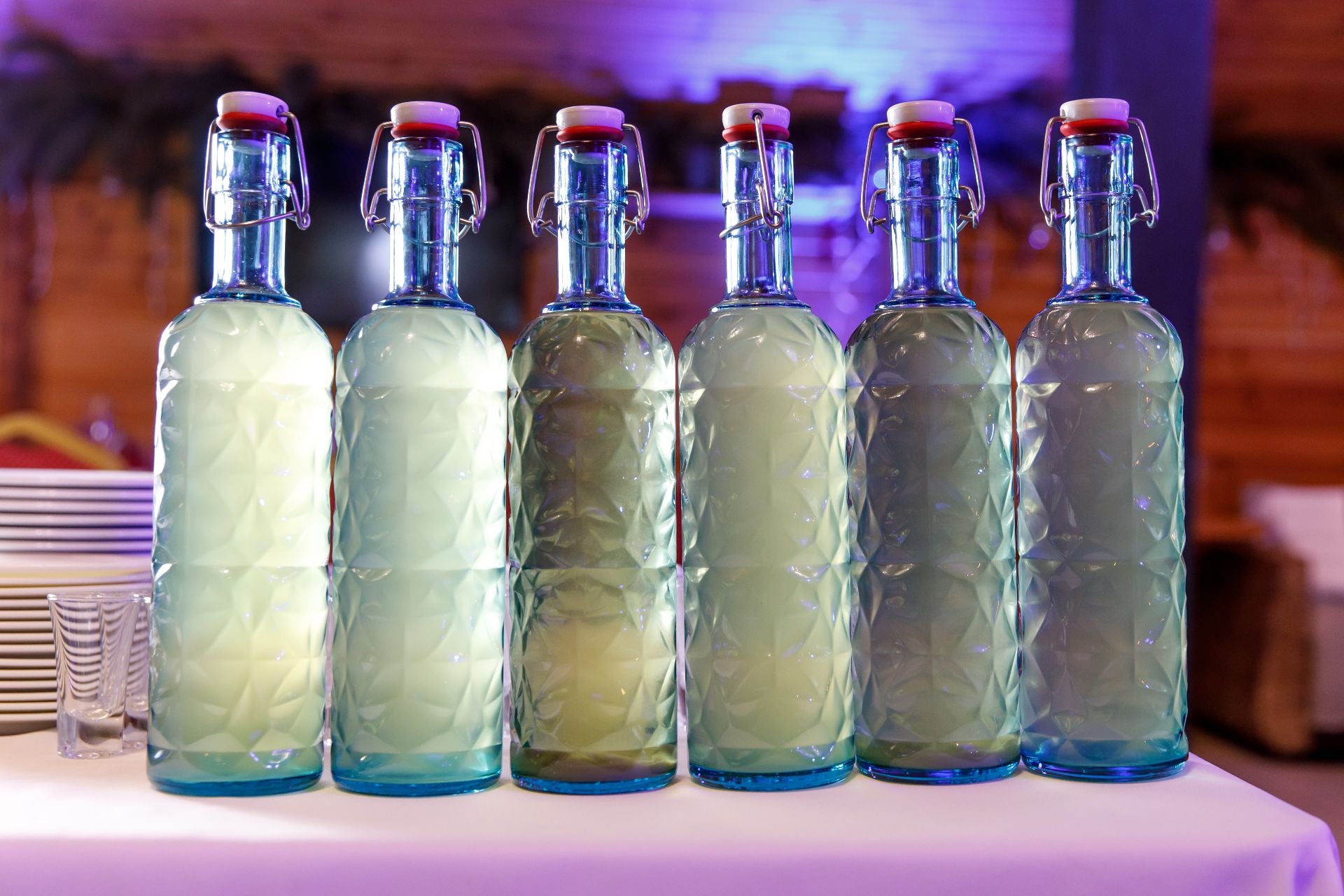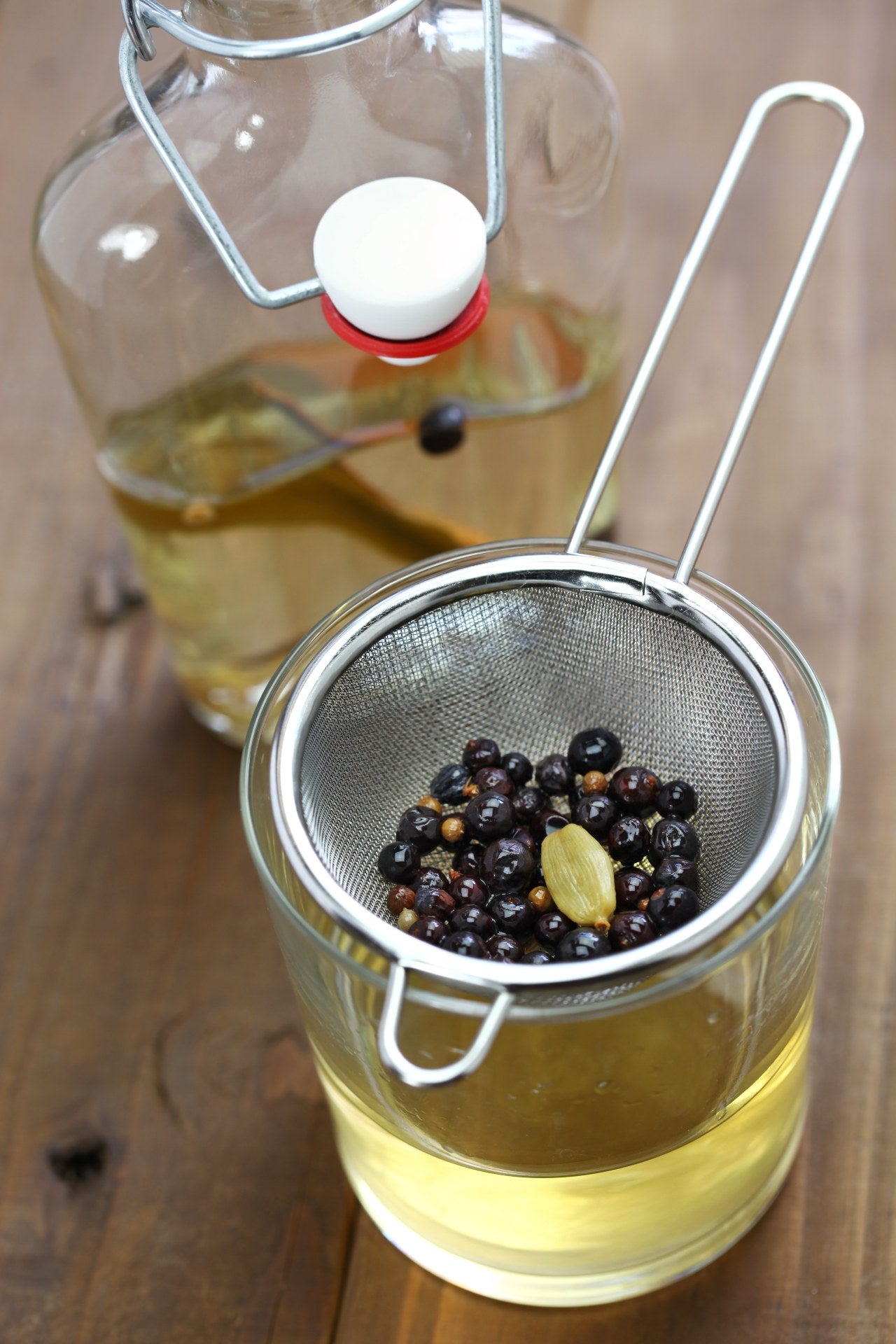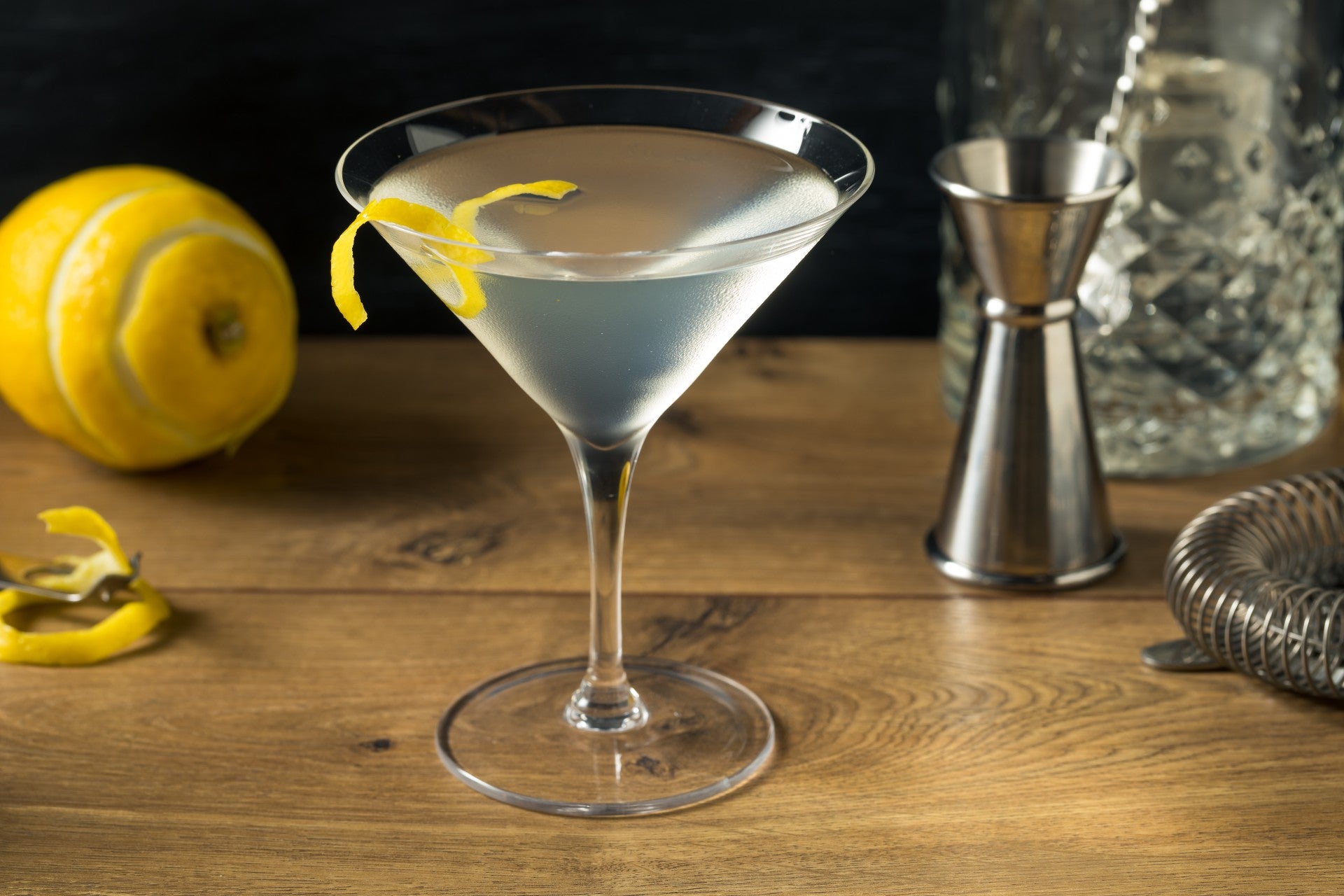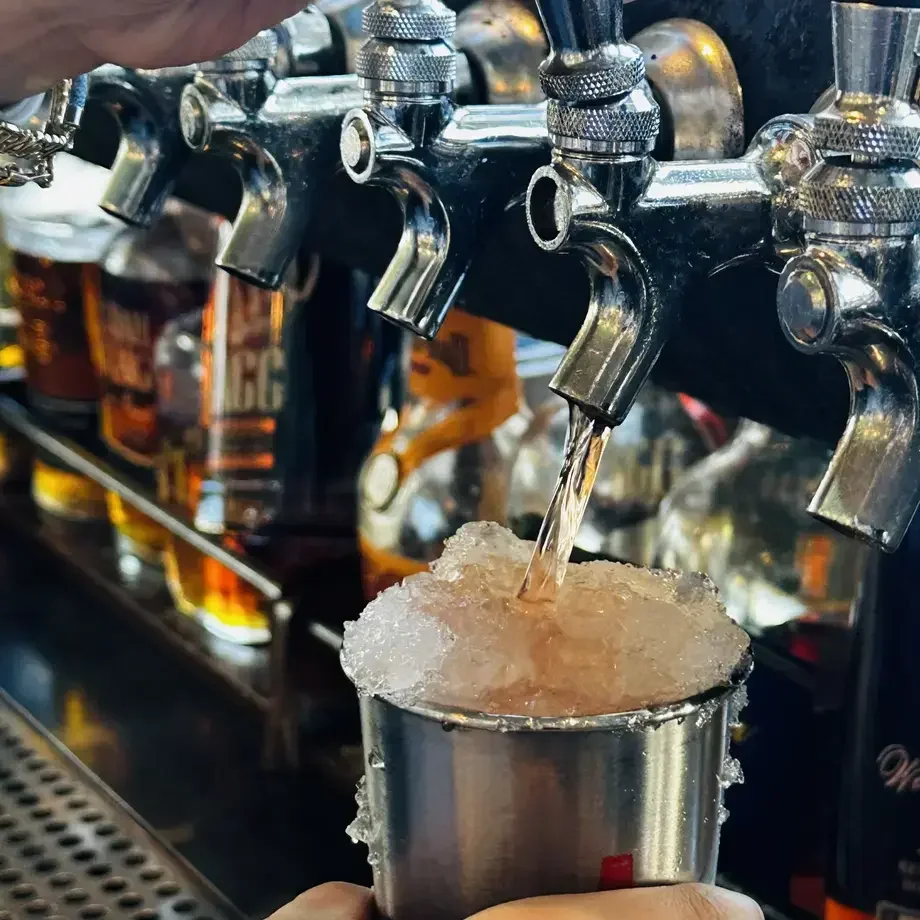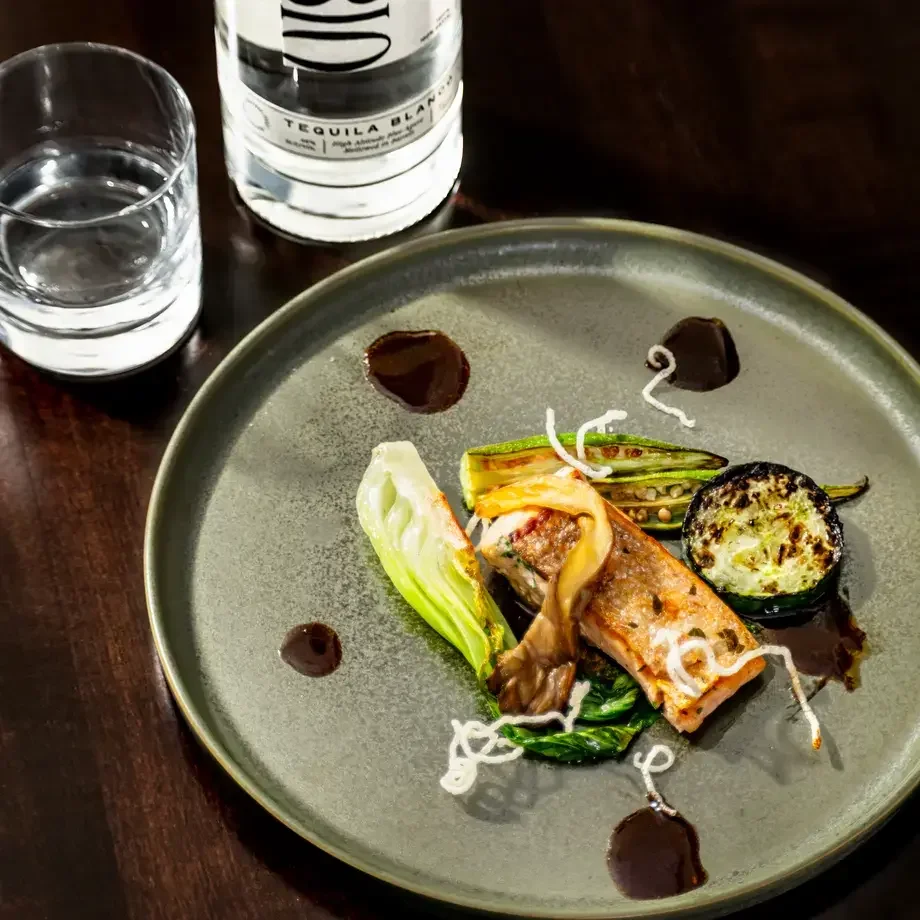Making a good quality gin takes a lot of hard work, craft and experience. And it also requires a lot of specialist equipment. Most crucially, it requires a still to distill it with. But you probably don’t have one of those at home.
That being said, there is another way you can make your own homemade gin. In its simplest form, gin is simply a neutral base spirit that has been flavoured with juniper berries and other botanicals. The end product only really needs to meet two criteria to be officially classified as gin:
- Juniper must be the dominant botanical.
- It must have an ABV (alcohol by volume) of at least 37.5%
Maybe you’ve already worked out where this heading, but just in case, that essentially means you can make your own gin at home simply by using vodka.


